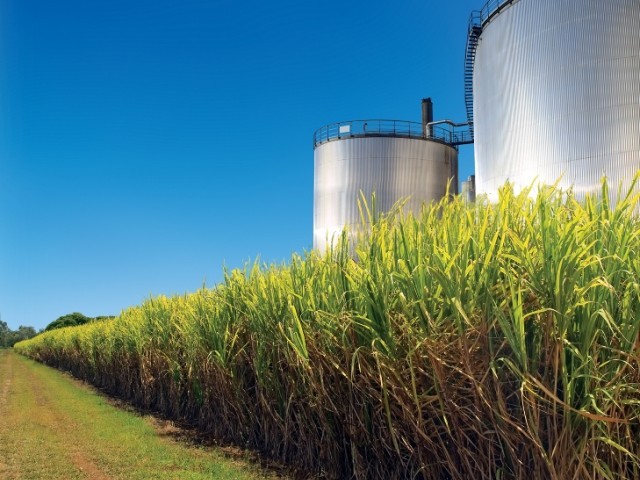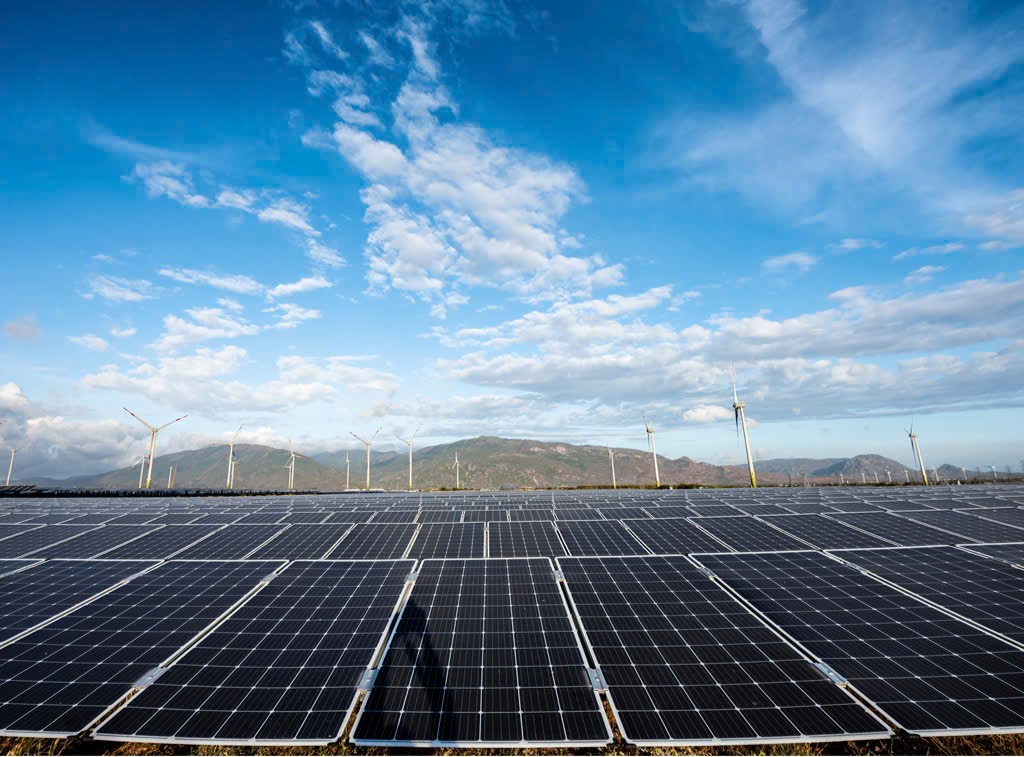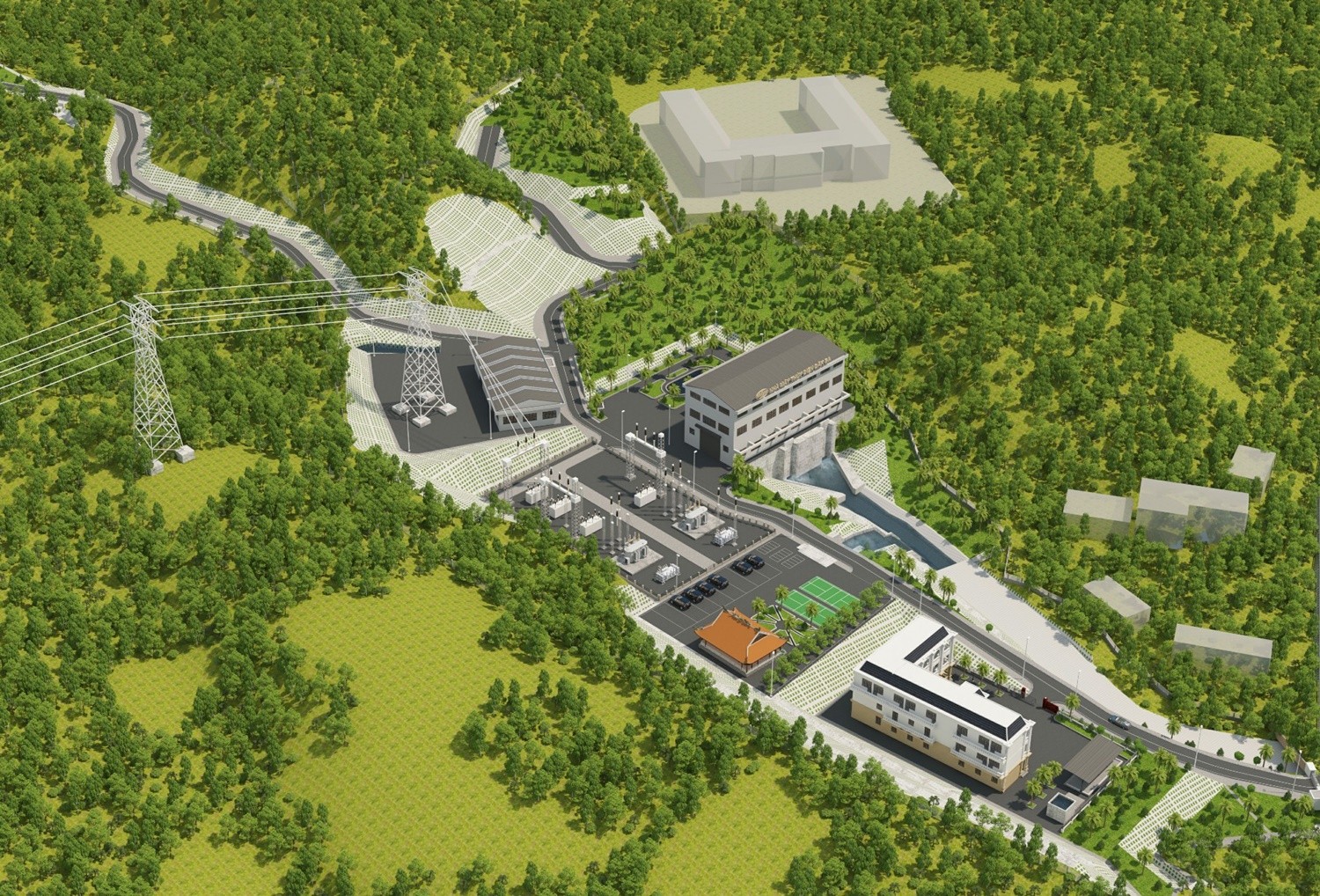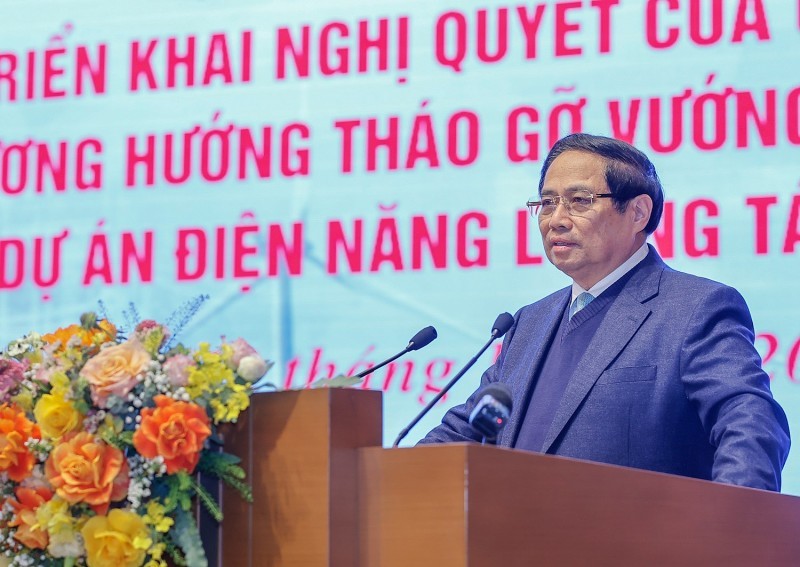Legal corridor for biomass power projects
10:03 | 18/04/2014

Electricity produced from sugarcane bassage
Development planning
According to the decision, plans for development and use of biomass energy at national and district levels are set up once for the period until 2020 with vision toward 2030 and will be adjusted and supplemented when necessary. After that period, development plans for biomass power will be integrated into power development plans at national and district levels.
The plans for biomass power apart from meeting all conditions regulated at Article 72 of the Construction Law in terms of site plan and sources of capital, investors of biomass power construction works also have to satisfy some conditions as follows: investment certificates, agreement documents to buy electricity of the buyers, agreements for power connections with power transmission or distribution companies and opinions of state agencies according to current regulations on management and investment in construction works.
The decision also states that within 12 months of receiving investment certificates, if investors do not launch key work items of the biomass power projects, or at a maximum of 24 months without operation since it commits to operate the biomass power projects, people's committee at district levels are responsible for the revocation of investment certificates, informing state agencies to hand over the projects to other investors (except for cases with legitimate reasons approved by the agencies).
Support mechanisms
Apart from regulations on planning, Decision 24/2014/ND-CP also specifies support mechanisms to develop the biomass power projects. The electricity buyers (Electricity of Vietnam) are responsible for buying all power produced from the biomass power plants. Within six months of the day that investors in biomass power projects make written proposals on selling electricity, EVN will have to sign electricity purchase contracts with them. A contract will be valid for 20 years, which can be extended later.
Biomass power projects can enjoy preferential treatments in terms of investment capital, investment credit, export credit and import tax exemption of materials and other goods that make fixed assets for the projects. Land rental and land use fees of biomass power projects, grid systems and transformer stations connecting to the national grid will be exempted and reduced according to current laws applied for projects in the fields of investment incentives.
In terms of electricity sale prices, as for biomass power projects connecting to the national grid, the has decided that biomass electricity will be priced at VND1,220 dong, equivalent to US$5.8 cents per kW (excluding value added tax VAT) and can be adjusted depending on the VND/US$ exchange rate variations. Other biomass power projects that apply the Avoided Cost Tariff, the Ministry of Industry and Trade will keep a watch and propose purchasing prices and report to the prime minister for approval.
Investors draw up electricity price projects, determine total support levels from the state budget and submit to the MOIT for appraisal and report to the prime minister for approval. Total support levels will be extracted from the Vietnam Environment Protection Fund.
Biomass power is the use of biomass to create electricity. This is a form of recycled energy and has large volumes, thus has attracted much attention for investment and development from many countries.
Source: VEN










